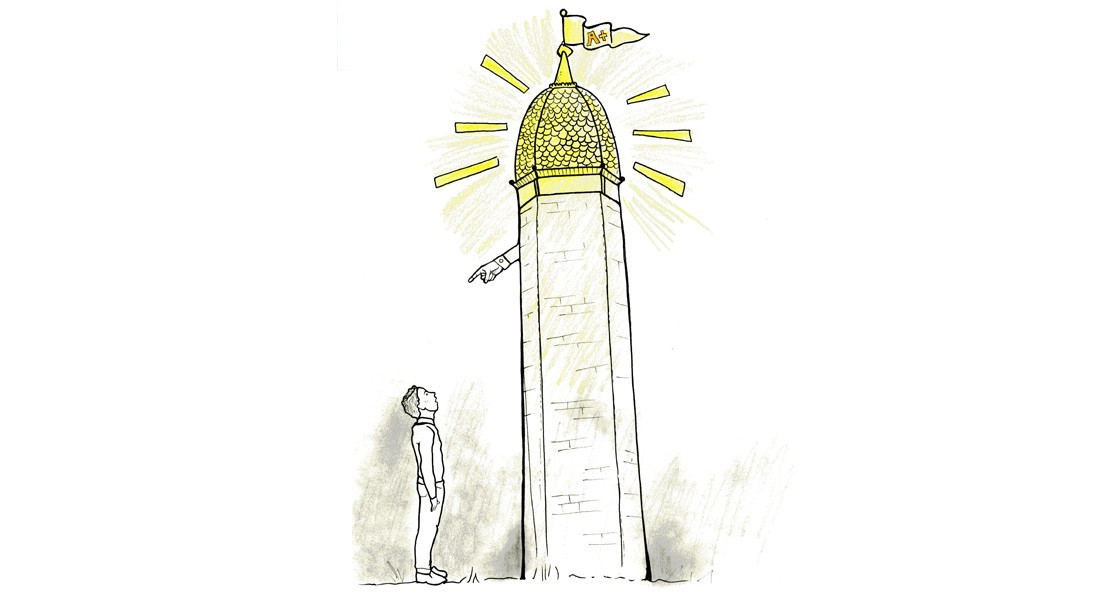Excuse my trust issues
The ivory tower has no elevator
Despite continued efforts for the University of Winnipeg to diversify, the representation of faculty with disabilities remains incredibly low at the University of Winnipeg. According to the Employee Equity Census, only eight percent of the faculty at the University of Winnipeg identify as living
with disabilities.
Arriving in classes during the first week of school, students who live with disabilities have high expectations set out for them. Students are required to speak with their professors, the vast majority of whom are able-bodied, and communicate their need for accommodations.
Despite notes, letters and university-mandated policies, faculty still perpetuate ableism and sanism in the classroom, through ignoring accommodations, publicly outing students with invisible disabilities or by having inaccessible classrooms.
While some professors are working toward having anti-oppressive classrooms, there is still an inherent power dynamic to the student-professor relationship that creates a challenging dynamic in which to disclose personal information.
There is no questioning why students do not feel comfortable speaking with their professors regarding accommodations. Professors face minimal punishment for ignoring students’ accommodations or for publicizing a student’s disabilities, often being excused as accidental or unintentional. However, releasing personal medical information to a room filled with classmates does not feel like a slip-up, but rather an attack on identity and privacy.
Persons with disabilities are less represented in the workforce, less represented in post-secondary and have lower graduation rates. Women with disabilities are the most likely to be victims of violent crimes and are more likely to be sexually assaulted than their peers. However, despite the increase in accessibility legislation and more accessible universities, the largest barrier continues to be the attitudinal barrier.
An ableist and capitalist social climate has enforced rhetoric that living with a disability is a disadvantage, not an advantage, in education. The death of Stephen Hawking illustrated this, as images circulated the internet of him being “freed” from his wheelchair in death and his immense work was celebrated despite his disability, instead of simply for his sheer brilliance.
The attitudinal barrier is exposed in universities, where students have been told by professors that they “pay the same amount as other students so (they) don’t deserve special treatment,” and that “maybe if (they) need special treatment, (they) cannot be in the program.” These few examples, provided anonymously by students, are a small sample of the large institutional barriers that remain, despite the increase in accessible washrooms.
During the first week of classes, professors, warmly greet your students who come discuss their accommodations with you. Instead of seeing it as a burden, see your attitude as the barrier, not the student’s needs.
Students, it is your right to demand your accommodations be met. Your disability is not a burden on the system, but rather, a gift to mainstream able-bodied academia. Your existence in spaces that so often questions them is radical and critical.
Megan Linton is the national Disability Justice Commissioner for the Canadian Federation of Students. She is a mad activist, sometimes seen clutching a cane, other times, clutching a sprinkled doughnut. You probably owe her a doughnut for unpacking your deep-seated ableism.
Published in Volume 73, Number 1 of The Uniter (September 6, 2018)







